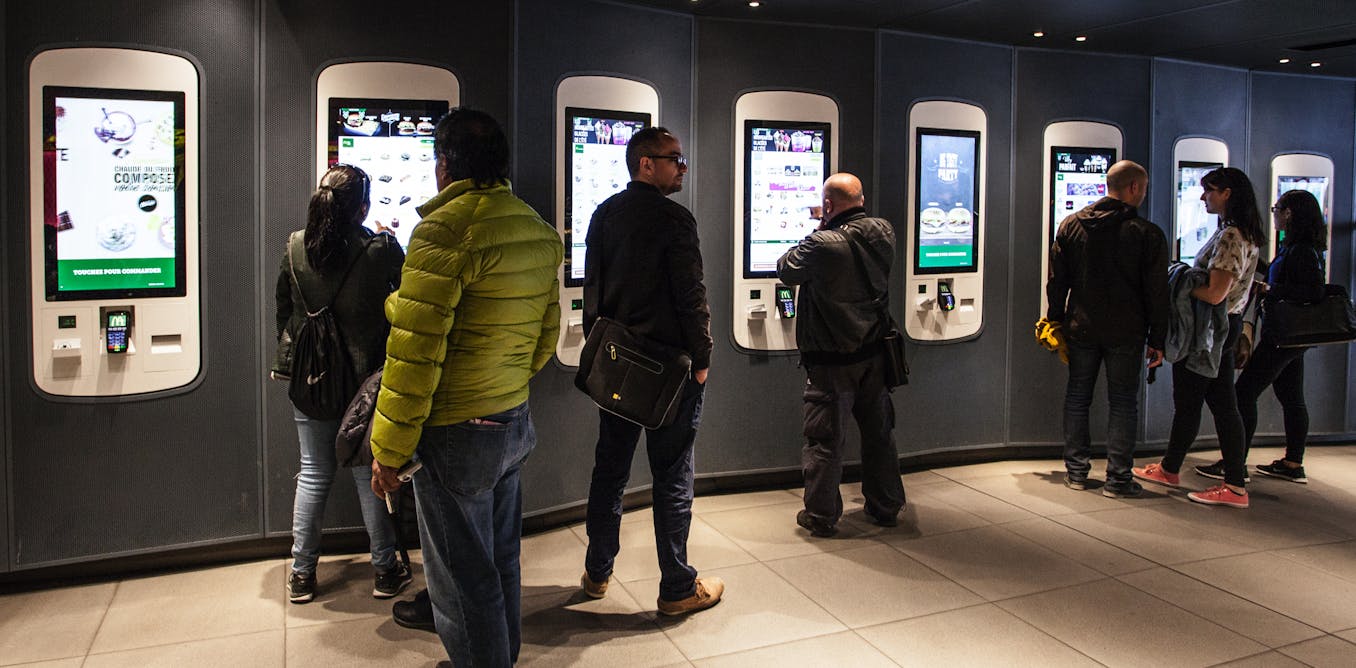Automating Empathy Away
+ The next crisis after the climate crisis, and an article that might literally save lives (#447)
A quick teaser before we get to this week's recommendations: I've started compiling all your book recommendations — and as in previous years, I'm impressed by the depth and breadth of the all the contributions. So is, apparently, ChatGPT. I gave it the complete list and asked it what it can say about a person that likes these books:
🤖
This reading list is quite eclectic, with wide-ranging interests across a broad spectrum of genres and disciplines. Overall, this person's reading list indicates a well-rounded reader with a thirst for knowledge and understanding in a variety of domains, from personal growth to social issues and from environmental consciousness to explorations of history and alternative perspectives.
I think I'll be ready next week. Until then...
1. A rise in self-service technologies may cause a decline in our sense of community
As we increasingly substitute human contact for robot-based interactions — think self-checkout counters or ordering food via delivery apps — do we become less empathetic? It might well be. «However fleeting, exposure to people outside of your own socio-demographic groups affect attitudes positively. [...] Face-to-face interaction typically reduces intergroup prejudice.»

2. Deep warming
Even when we find ways out of the current climate crisis, the laws of thermodynamics will have another challenge for us: waste heat. This kind of warming won't a problem now or in the near future, but maybe in 150 years. And a lot depends upon which new energy sources we replace fossil fuels with.

3. Drowning Doesn’t Look Like Drowning
It's rare that reading an article might literally save lives. That's why I re-share this piece that I've featured twice before in the Weekly Filet. Movies and Baywatch have given us a misleading impression of what drowning looks like — so we might not see it if somebody was drowning right in front of us.




